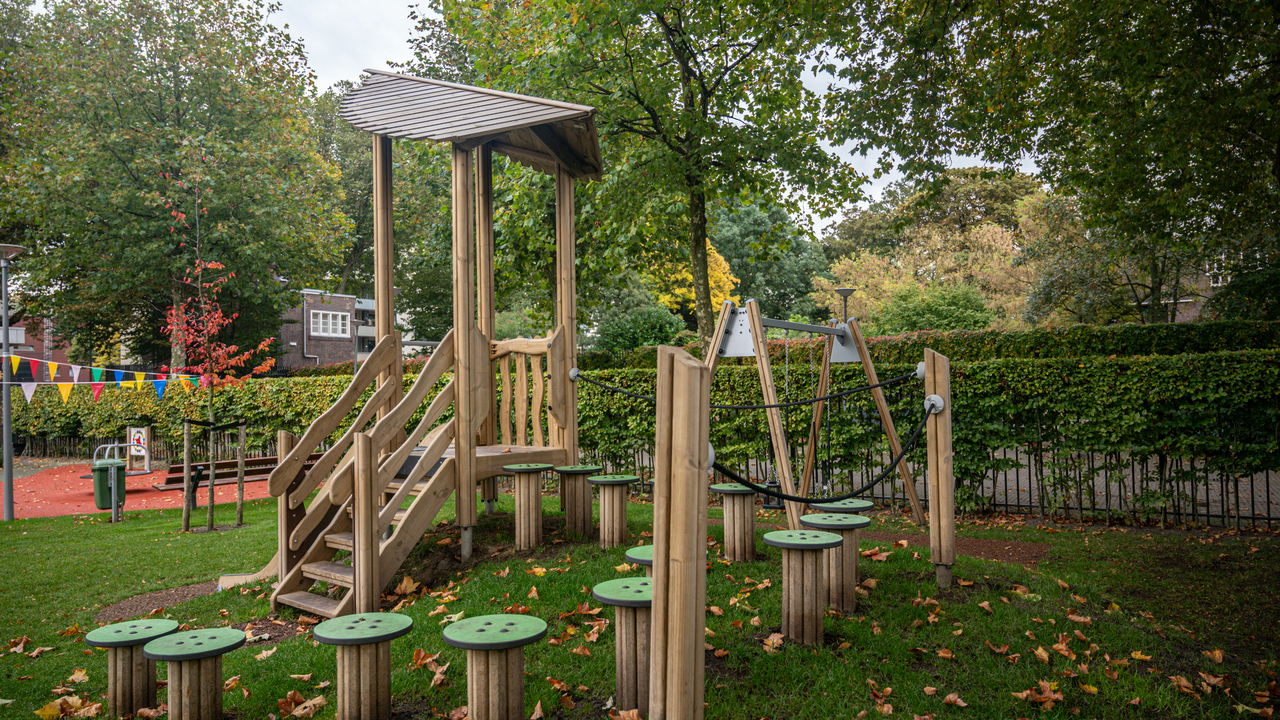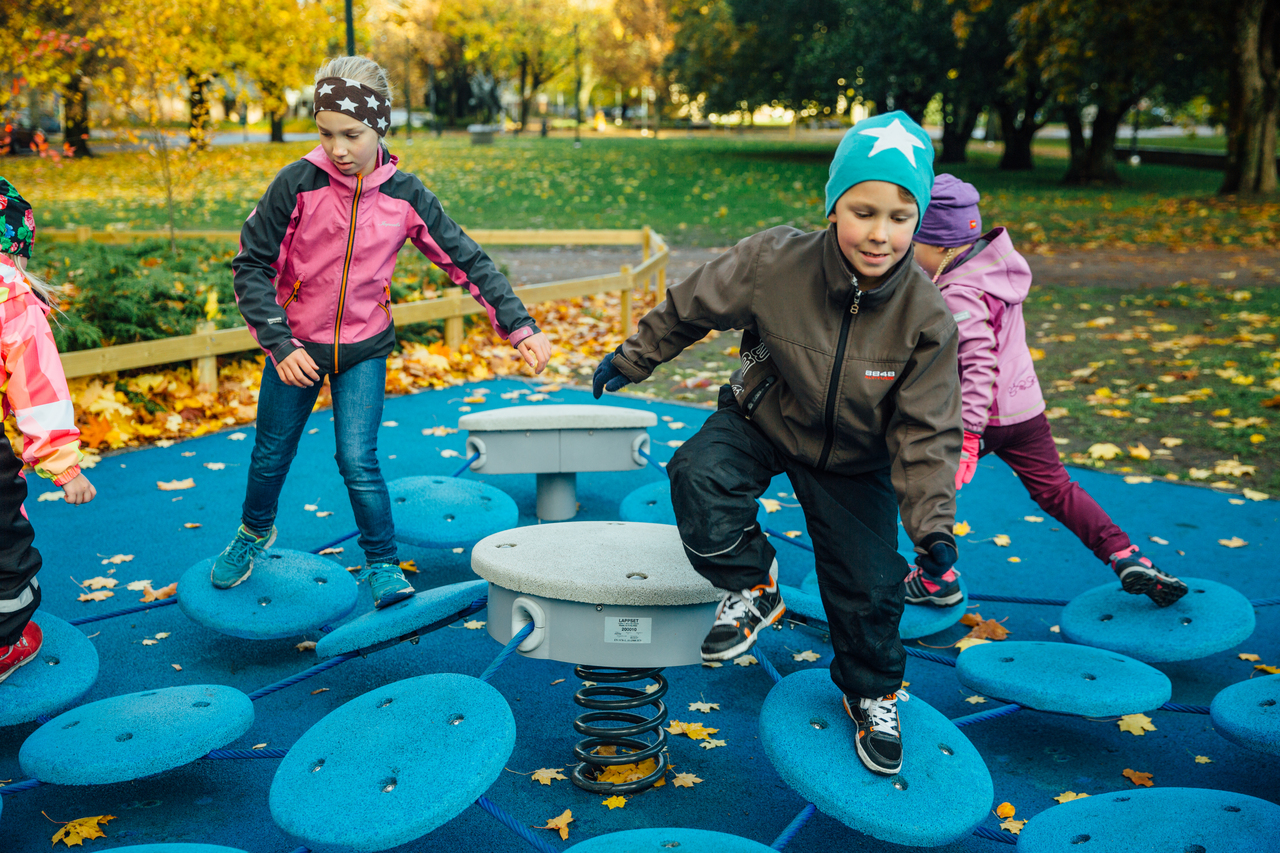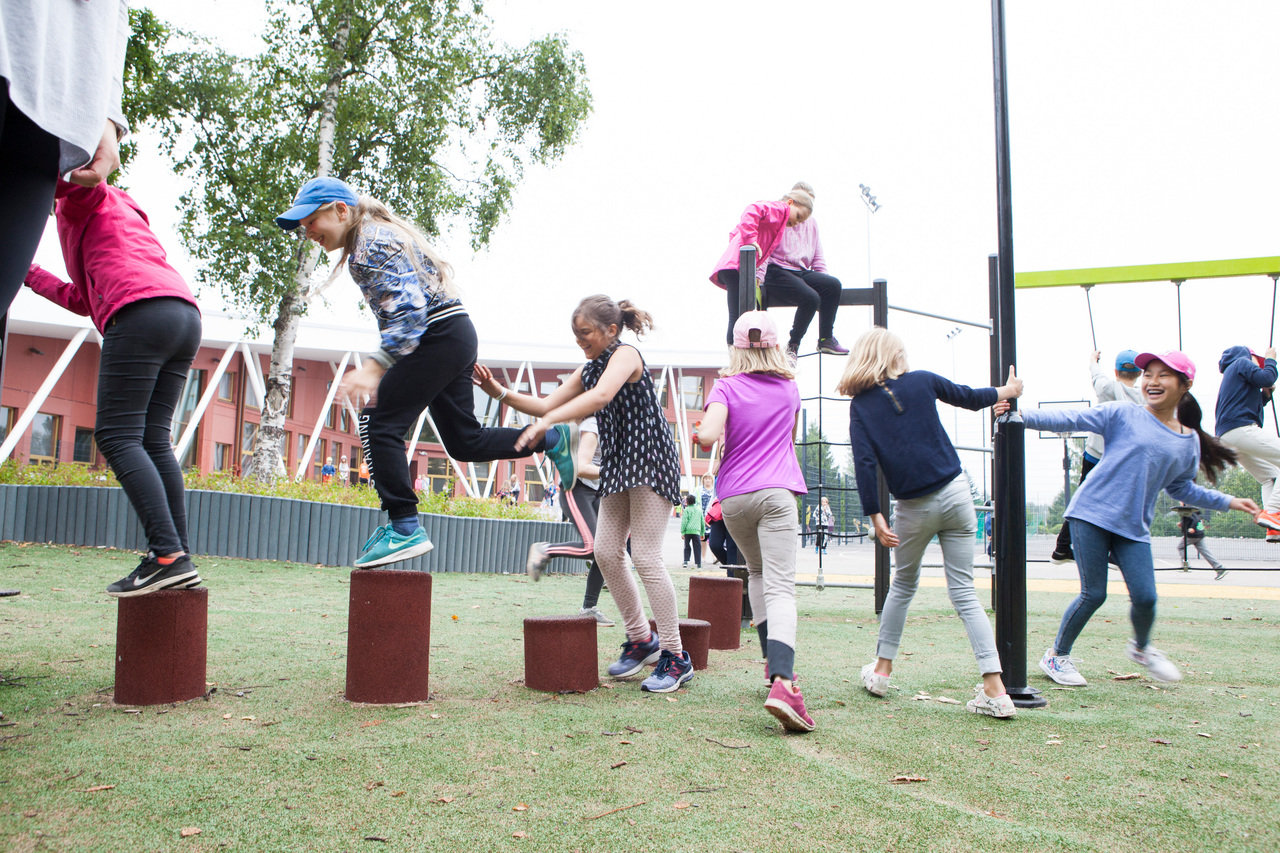As modern life becomes increasingly screen-dominated, children’s opportunities to engage in outdoor play are declining. This shift away from traditional play environments has serious implications for children’s physical, emotional, and social development. At Redlynch Leisure, we believe that providing safe, engaging playgrounds is essential for nurturing children’s well-being and fostering strong communities. This article explores why outdoor play is so crucial and the multifaceted benefits of playgrounds.
The Importance of Outdoor Play for Children
Children are naturally drawn to play, and outdoor environments allow them to explore the world in ways that build physical strength, mental resilience, and social skills. Playgrounds offer a space where children can be active, use their imaginations, and interact with others, all of which are essential for well-rounded development.
Physical Benefits of Outdoor Play
Outdoor play is one of the most effective ways to improve children’s physical health. In a playground setting, children can engage in various forms of physical activity, such as running, climbing, balancing, and swinging, which are all essential for physical growth and development. These activities help children build muscle strength, enhance motor skills, and improve cardiovascular fitness. For example, climbing on play structures develops upper body strength and coordination, while balancing activities sharpen agility and stability.
Furthermore, outdoor play fosters the development of sensory and motor skills as children navigate different textures, gradients, and equipment types. This sensory engagement is particularly valuable for young children, as it helps them understand spatial awareness and body control. Playgrounds also provide a safe environment for practising risk-taking in a controlled way, teaching children to assess and manage minor risks, which is crucial for building resilience and self-confidence.

Social and Emotional Benefits of Outdoor Play
While the physical benefits are clear, playgrounds also play a significant role in children’s social and emotional growth. Social interaction is a cornerstone of human development, and playgrounds are one of the first environments where children learn to engage with their peers. Through shared play, children learn essential social skills, such as communication, empathy, cooperation, and conflict resolution.
In playgrounds, children experience moments of joy, accomplishment, and sometimes disappointment, all of which contribute to emotional resilience. For instance, waiting their turn on the swings or cooperating to climb a play structure teaches patience and teamwork. These interactions build emotional intelligence and prepare children for social challenges they will face as they grow.
The Value of Playgrounds in Small Rural Communities
For small close-knit villages, a playground is not merely a place for children to play but a gathering point for families and a symbol of community spirit.

Enhancing Community Connections
Playgrounds serve as natural gathering spaces where families can meet, interact, and build friendships. In rural communities, social opportunities can sometimes be limited, and a playground offers a space where neighbours can get to know each other. This strengthens the social fabric of the community, creating a greater sense of belonging and pride in the area.
For children, having a local playground allows them to connect with other children from the village, which is particularly valuable in rural settings where children might otherwise feel isolated. A playground offers a shared space where they can play, collaborate, and form friendships that can last a lifetime. For parents and caregivers, it’s a chance to meet others, exchange advice, and create a support network that can be especially beneficial in a small village.
Supporting Physical and Mental Well-being
In today’s world, where screens often dominate children’s lives, a local playground provides a dedicated space for physical activity, which is especially important in a rural village setting. Physical exercise in the fresh air contributes to improved mood and reduced stress levels. Studies have shown that children who play outside have better concentration, improved mood, and fewer symptoms of anxiety and depression.
Exposure to nature enhances the mental health benefits of outdoor play, fostering a sense of calm and well-being.

Economic and Environmental Benefits of a Local Playground
By providing a local play area, families are less likely to travel to other towns for recreational facilities, which reduces car journeys and supports more sustainable living. Additionally, a well-maintained playground can increase the appeal of the village, attracting families to the area and contributing to the local economy.
At Redlynch Leisure, we see playgrounds as investments in both the present and the future. Playgrounds provide children with a safe, enriching environment to grow, learn, and play, while also fostering a sense of unity among residents. In our experience, communities that embrace playgrounds see long-term benefits as children develop physically, socially, and emotionally.
If you have any questions or would like further information, please don’t hesitate to contact us.
Get in touch today
